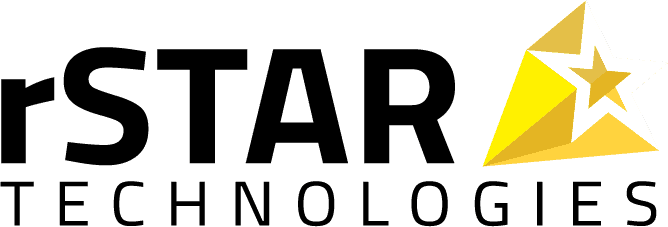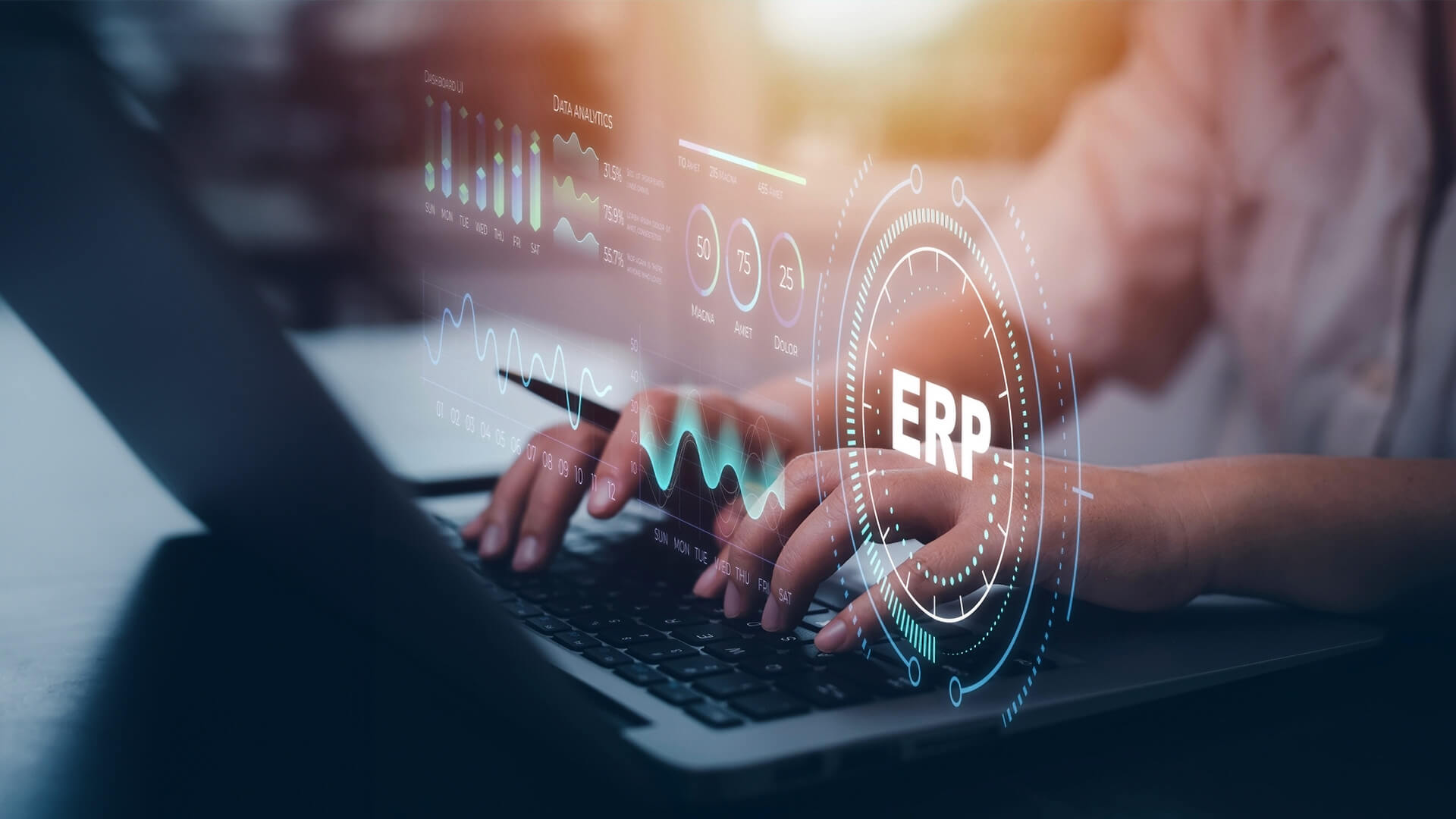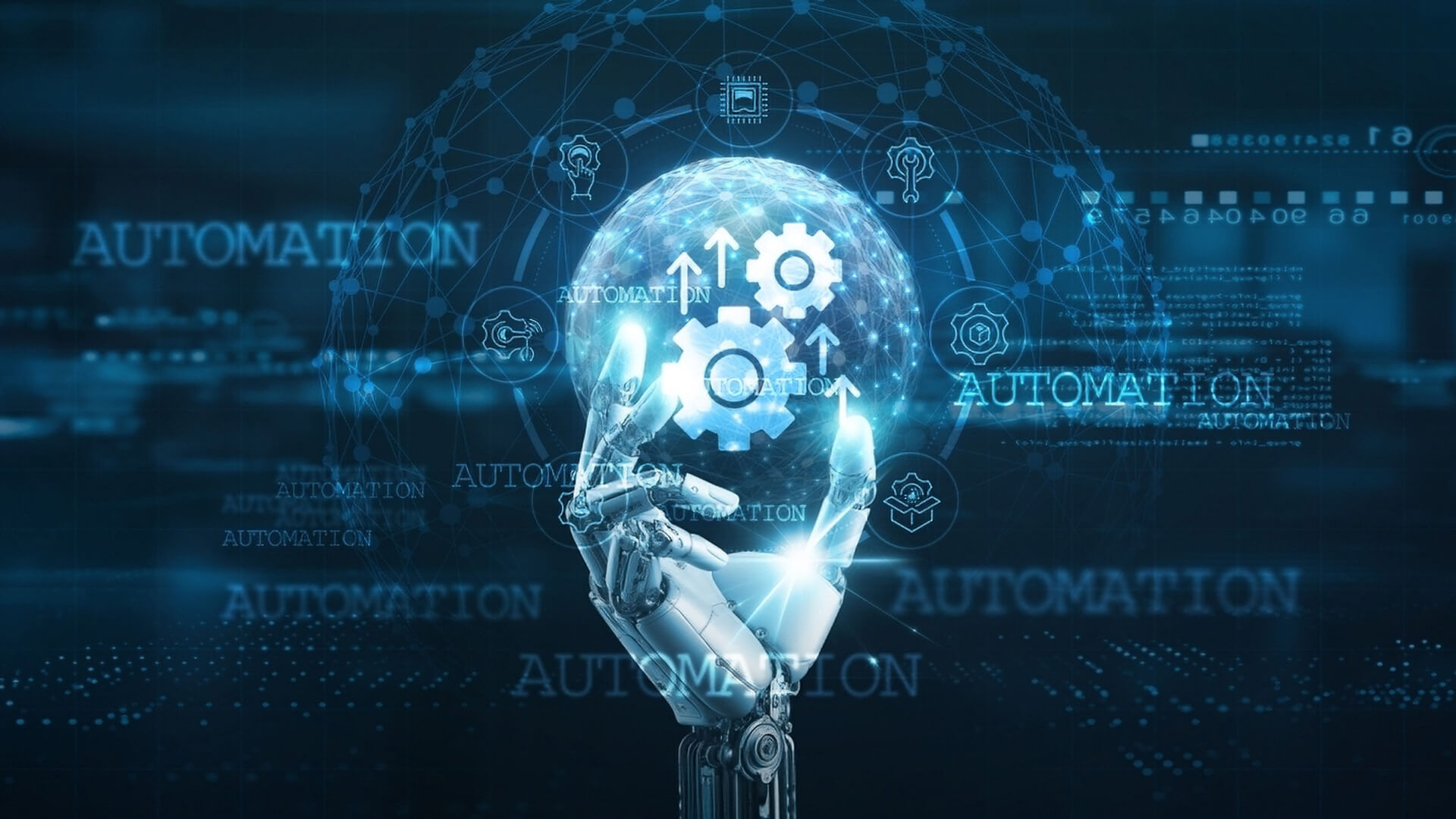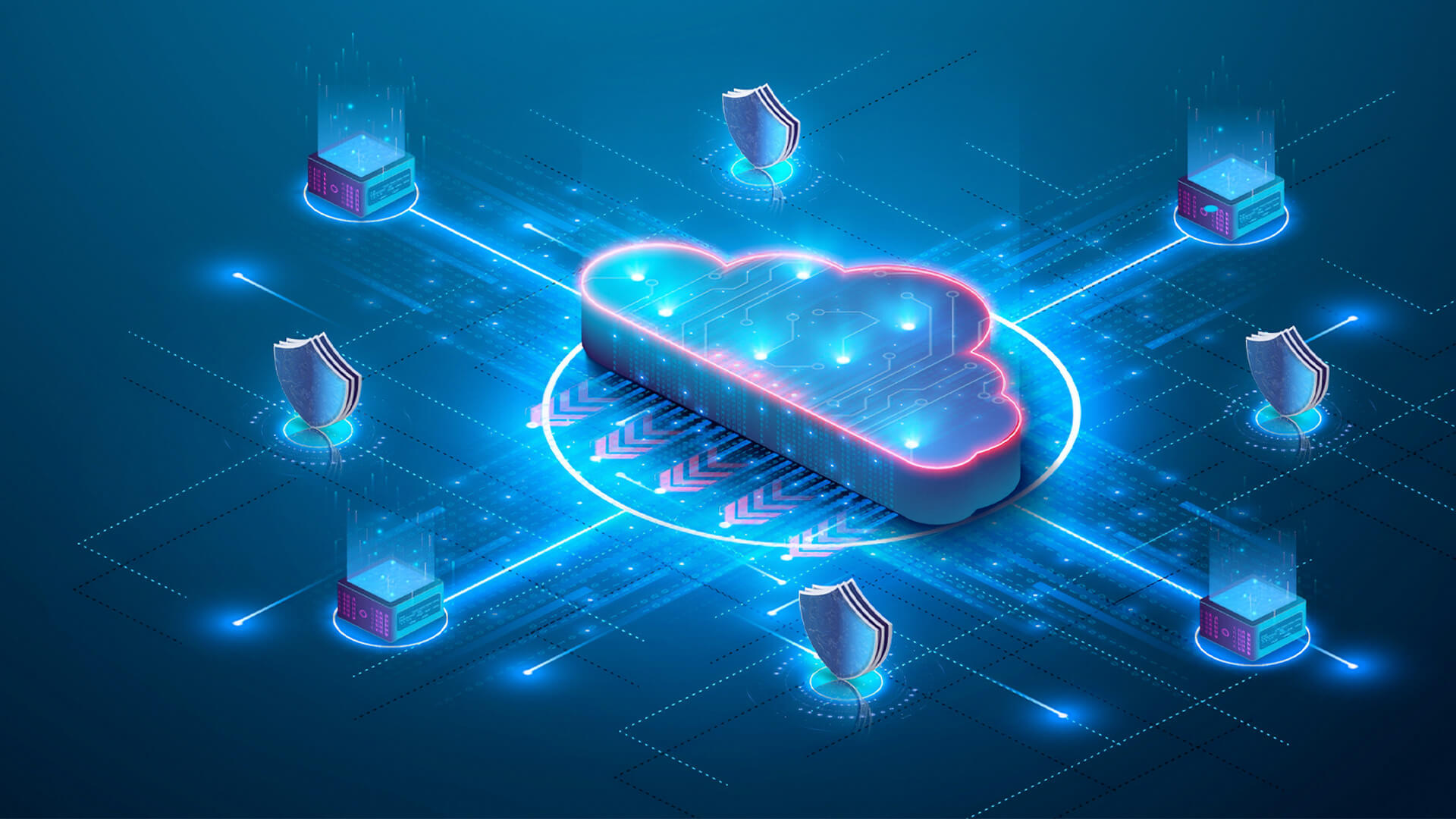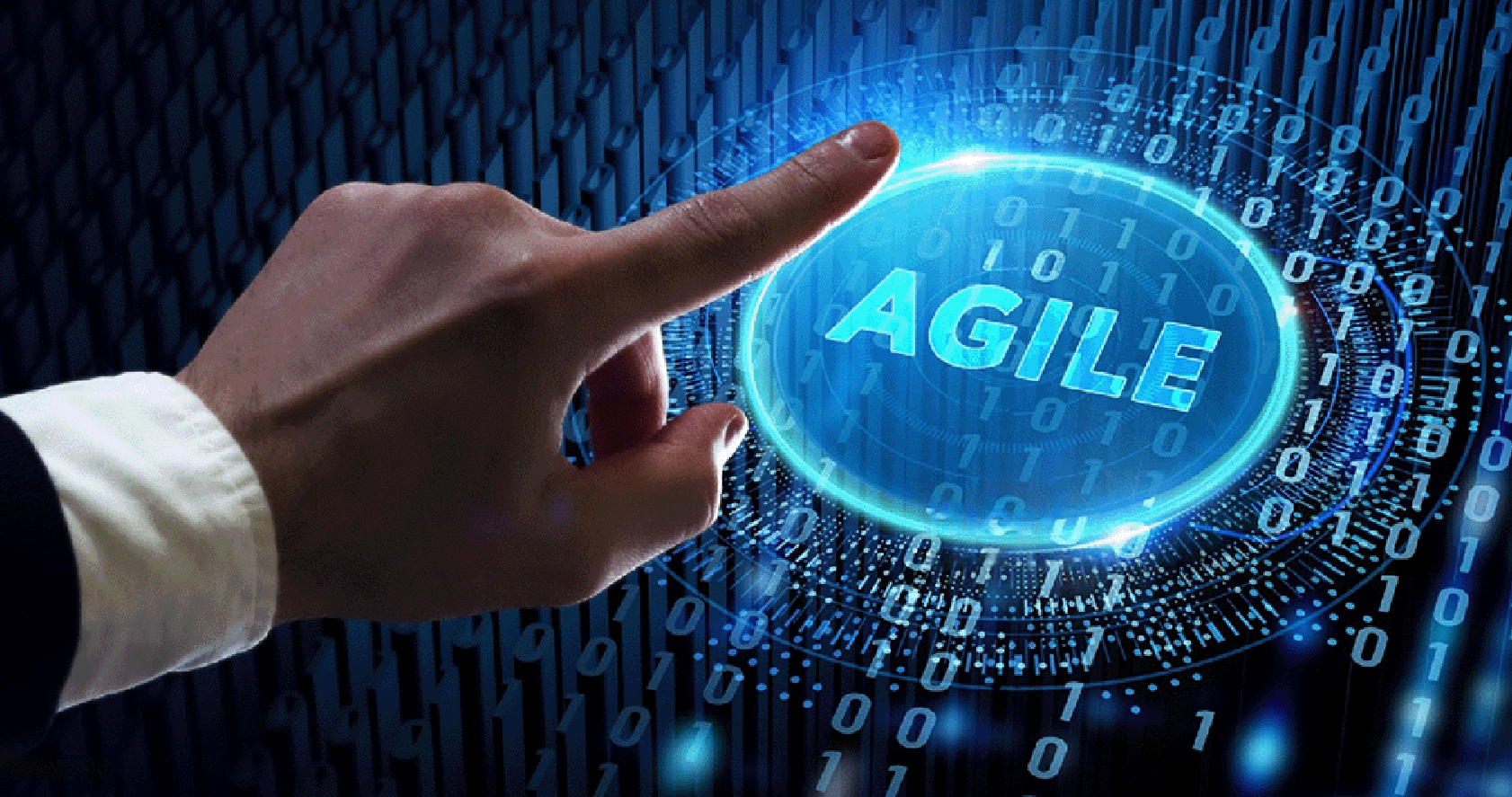Building and maintaining strong customer relationships is paramount to every manufacturer’s success. To navigate the dynamic landscape of manufacturing, where competition is fierce, and customer expectations and behavior are ever-evolving, manufacturing leaders must adopt innovative technologies. These technologies play a pivotal role in driving business growth and enhancing customer relationships and experience in the face of market dynamism.
One such standout technological innovation that generates immense results is the integration of Customer Relationship Management (CRM) and Enterprise Resource Planning (ERP) systems.
Table of Contents
CRM-ERP Integration – Much More Than a Technical Endeavor
CRM-ERP integration is much more than a technical endeavor to merge customer and operations data. It’s a strategic initiative with far-reaching implications for any organization’s customer relationship, market competitiveness, and bottom line. A well-implemented CRM-ERP integration aligns operations with sales, support, marketing, and customer service, resulting in a seamless flow of information and improved processes and output.
To further understand why CRM-ERP integration is critical to business growth, let’s discuss how the integration revolutionizes customer relationships and experience within manufacturing.
How CRM-ERP Integration Enhances Customer Relationships and Experience
Comprehensive View and Management of Customer Data
CRM ERP integration empowers an organization with a comprehensive view of each customer across the entire customer lifecycle. By consolidating data from disparate sources across operations and customer support into a centralized repository, the company gains real-time, 360-degree invaluable insights into customer interactions, preferences, purchase history, support tickets, etc. This holistic understanding of the customer enables sales, support, and marketing teams to tailor strategies with precision. When strategies are precise, delivering personalized offerings and targeted communications that resonate with individual customers becomes effortless. With smooth customer interactions and relationships comes excellent experience, loyalty, and maximized lifetime value.
Eliminates Data Silos and Redundancies
The integration of CRM and ERP eliminates data silos and redundancies, fostering efficient collaboration and communication between departments. When data is consolidated in real-time, silos are eliminated, sales orders seamlessly flow into production schedules, inventory updates reflect real-time sales activities, and customer inquiries are swiftly addressed. This operational synergy streamlines internal processes and enhances agility and responsiveness in meeting customer demands and resolving tickets. Timely resolution of customer queries improves satisfaction and loyalty.
Enables Predictive Analytics and Forecasting
CRM-ERP integration enables an organization’s predictive analytics and forecasting capabilities, empowering them to anticipate customer needs and market trends proactively. Manufacturers can leverage historical data and advanced AI algorithms and analytics to identify patterns, discover high-value customers, forecast demands, and optimize inventory levels accordingly. This data-backed forecast and proactiveness minimize stockouts and excess inventory. It also enables the company to offer the right products at the right time, enhancing customer experience and maximizing revenue opportunities.
Personalizes and Creates Consistent Interactions
To build healthy customer relationships, companies must deliver personalized and consistent interactions across touchpoints. CRM-ERP integration is critical to achieving this level of interaction and elevating customer service to new heights. Field service agents are equipped with comprehensive customer profiles and transaction histories that can provide timely and relevant assistance, resolving issues promptly and fostering trust and loyalty. Additionally, this ERP and CRM integration enables companies to use self-service portals and mobile applications better to empower customers to access information, track orders, and initiate support requests at their convenience. Seamless self-service interactions enhance customer satisfaction and reduce service costs for the company.
Facilitates Seamless Omnichannel Engagement
Integration of CRM and ERP also facilitates seamless omnichannel engagement, allowing customers to interact with a company across various channels seamlessly. Whether via phone, AI chatbots, email, social media, or in person, the integration ensures a unified experience for the customer, where every interaction is logged, tracked, and analyzed in real-time for actionable insights. This cohesive approach to customer interaction strengthens customer support consistency and enables the company to deliver personalized experiences tailored to each channel’s nuances, enhancing engagement and loyalty.
Builds Foundation for Long-Term Customer Relationships
Beyond direct transactional relationships, CRM and ERP integration lays the foundation for long-term partnerships built on trust, transparency, and mutual trust. When a company nurtures customer relationships through personalized interactions, proactive support, and consistent delivery, it can easily transform satisfied customers into loyal advocates who contribute to the company’s customer base growth. Additionally, insights from integrated systems enable a company to identify opportunities for innovation and differentiation, staying ahead of the curve in a dynamic and rapidly evolving manufacturing marketplace.
Leverage CRM-ERP Integration to Enhance Customer Experiences and Foster Long-Term Relationships
CRM-ERP integration is not only a technological integration but also a strategic imperative for manufacturers seeking to thrive in today’s customer-centric landscape. By aligning sales, marketing, and customer service functions with operational processes, this critical integration unlocks operational efficiencies, enhances customer experiences, and fosters long-term relationships and advocacy. For manufacturing leaders, CRM-ERP integration isn’t only about staying ahead of the competition; it’s about delivering unparalleled customer value and future-proofing your organization.
